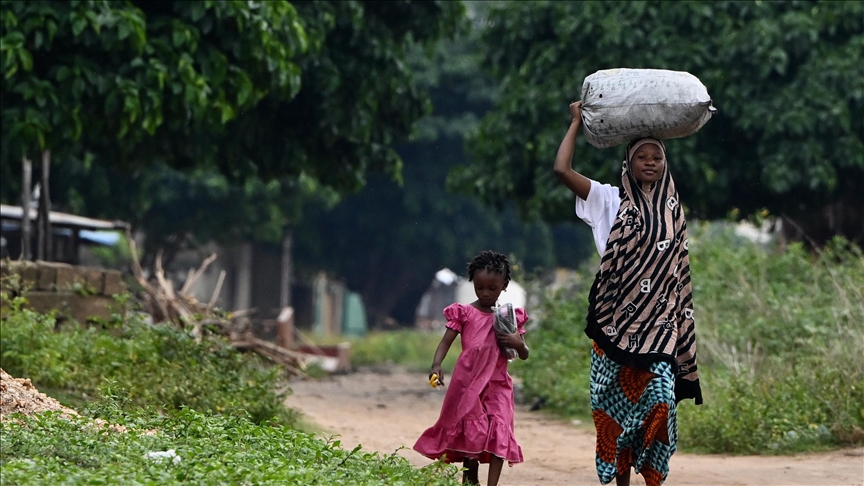7 people killed in protests last week in Togo: NGOs
Escalation in violence means government has chosen brutality as only response to a people it refuses to listen to, statement says

KIGALI, Rwanda
At least seven people were killed and several others injured during anti-government protests last week in Togo’s capital, local human rights and civil society organizations said Sunday.
During demonstrations in Lome from Thursday to Saturday, dozens of protesters demanding the resignation of Faure Gnassingbe, the president of the Council of Ministers, blocked streets and burned tires, bringing businesses to a halt, according to footage on social media.
The protests, organized by civil society activists and bloggers, were also against a government crackdown on dissent, the high cost of living, and a constitutional amendment that strengthened the power of Gnassingbe and could allow him to remain in power for life.
In a joint statement, the organizations, including one known by its acronym, ODDH, said two bodies were recovered from a lake in Akodessewa, while two others were retrieved in the lagoon in the Be district of Lome.
They accused Togolese security forces and militias of committing abuses against protestors.
“The streets of Lome were once again the scene of brutal and systematic repression. The demonstrations initiated by Togolese youth were savagely repressed by the police, in an operation that seems to have been designed to terrorize, not to restore any public order. This will remain in our collective memories,” the statement said.
More than 60 people were arrested according to the NGOs.
Togolese authorities are yet to release a statement on the deaths and arrests.
But in a statement issued on June 6, the government warned the public against using social media to “disseminate unfounded information likely to provoke serious disturbance to public order,” saying those implicated would face the full force of the law.
Major opposition political parties such as the National Alliance for Change have also called for the resignation of Gnassingbe over the controversial constitutional reform and alleged repression.
Amnesty International in a statement on June 17 urged Togolese authorities to investigate allegations that protesters were subjected to torture following protests on June 5 and 6.
Gnassingbe was officially appointed president of the country’s Council of Ministers in early May by the National Assembly, in line with the new Constitution establishing a parliamentary regime.
He thus switched from the country’s president to the head the council.
The new controversial constitution approved by the National Assembly last year switched the country from a presidential to a parliamentary system.
Under the new constitution, executive power lies with a “president of the council of ministers,” with Togo’s existing presidency role largely rendered ceremonial.
As such, a new president was elected in May by parliament to replace Gnassingbe for a single term of six years.







